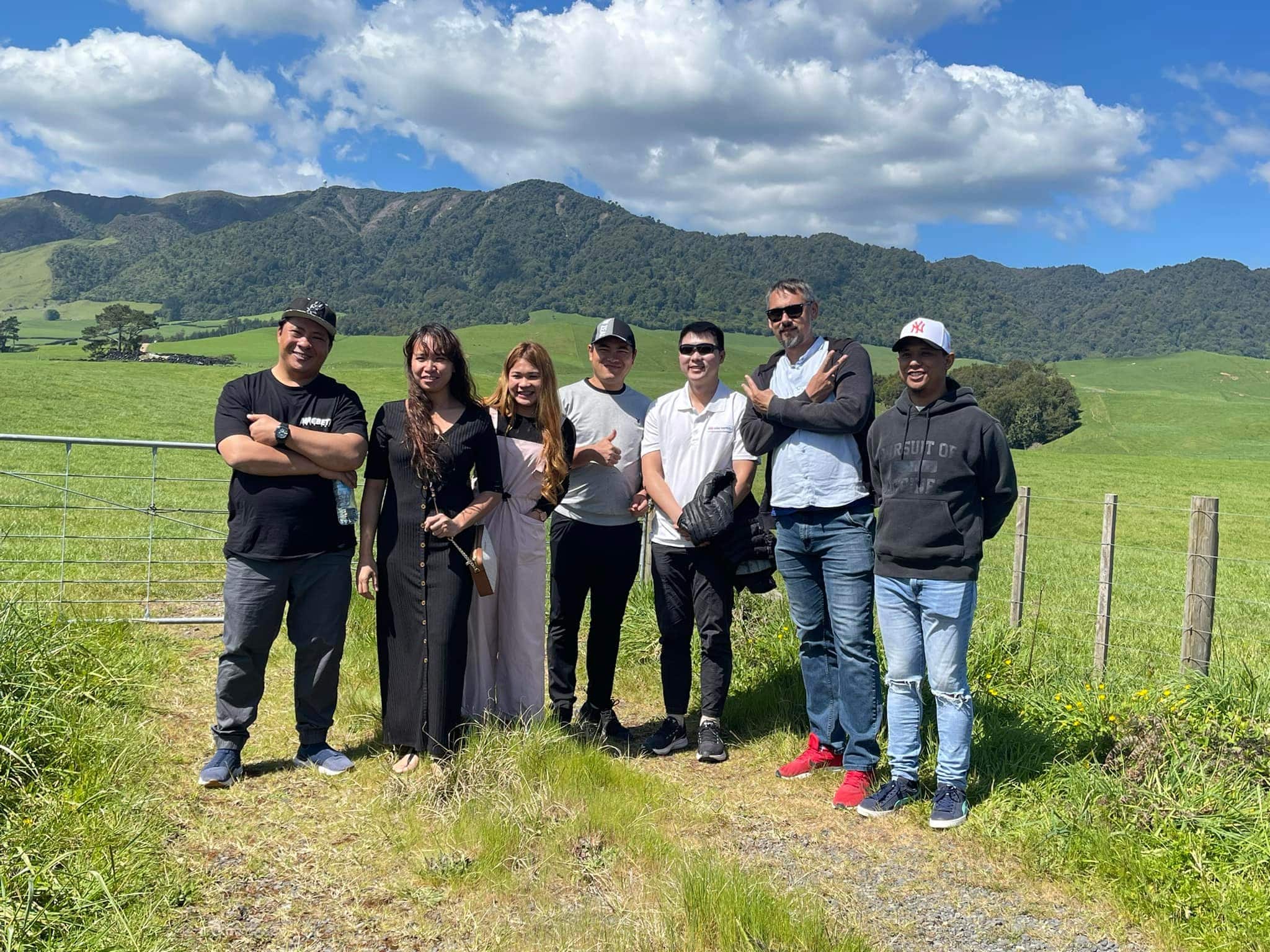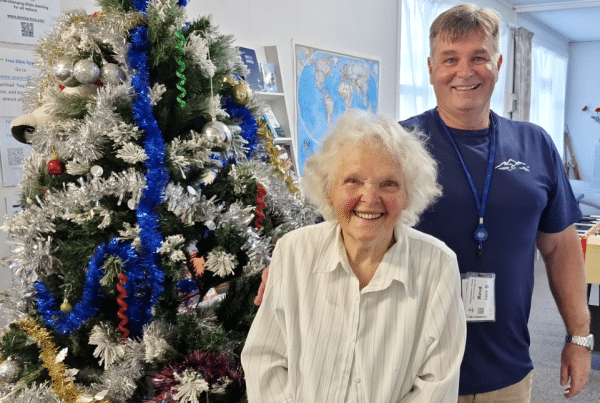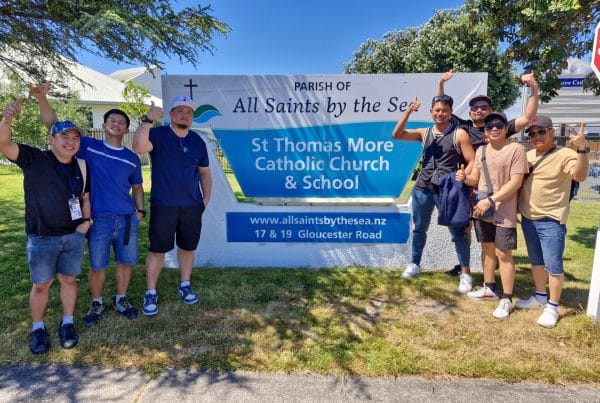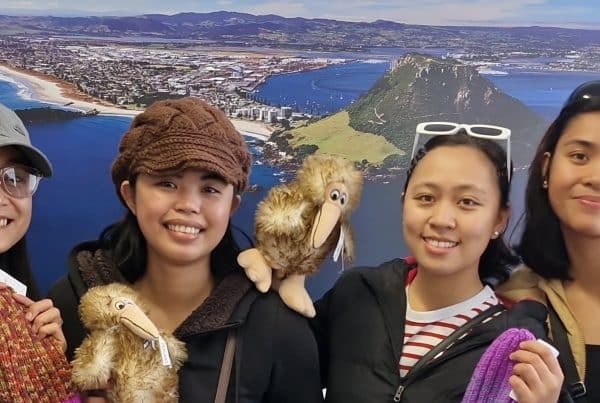The Bible is full of dramatic stories, but few are as gripping—or as deeply relevant to our work—as Acts 16:16-34. It begins with Paul and Silas in Philippi, where they free a slave girl from a spirit that had been exploited for profit.
Her owners, furious at losing their income, have Paul and Silas beaten and thrown into prison. Yet, in the darkest hour, as they pray and sing, an earthquake shakes the prison doors open. The jailer, terrified that the prisoners have escaped, nearly takes his own life—until Paul calls out, “We’re still here.”
In that moment, everything changes. The jailer asks, “What must I do to be saved?” Paul’s answer is simple: “Believe in Jesus.” By morning, the jailer and his entire household are baptised.
The Ropes That Bind Us
This story is often remembered as a miraculous jailbreak, but it’s more than that—it’s a story of God untying the knots that hold people captive. Not just physical chains, but spiritual, emotional, and social ones too.
At the Seafarers Centre, we meet people every day carrying invisible burdens—overwork, loneliness, mistreatment, trauma, grief. Like tangled ropes, these struggles can feel impossible to loosen. But this passage reminds us: God specialises in setting people free.
- The Unseen Girl: Who Do We Overlook?
Before Paul and Silas take centre stage, there’s an unnamed slave girl. She’s spiritually attuned—she recognises Paul and Silas as servants of God—yet she’s trapped in exploitation. Even Paul initially ignores her until her cries become an irritation.
This challenges us: How often do we miss the quiet suffering around us?
In maritime ministry, where women make up only a fraction of crews, we must ask:
- Whose voices go unheard?
- Who is overlooked while we focus elsewhere?
The Gospel teaches us that freedom often starts with the person we didn’t see.
- The Cost of Doing Right
Freeing the girl comes at a price. Paul and Silas are beaten, imprisoned, and silenced. Sometimes, doing the right thing makes life harder, not easier.
We see this when:
- Ship Welfare Officers (SWOs) speak up for exploited crew.
- Advocates challenge unsafe conditions.
- Volunteers stand for dignity in the face of resistance.
Yet, like Paul and Silas, we find strength in worship even in the dark—not pretending things are fine, but declaring: God is still at work.
- A Waterfall of Freedom
This story isn’t just one liberation—it’s many:
- The girl is freed from spiritual and economic bondage.
- Paul and Silas are freed from prison.
- The jailer is freed from despair.
- His family is brought into community.
Liberation is spiritual, emotional, and communal. That’s what we do at the Seafarers Centre—not just offering tea or Wi-Fi, but moments where:
- Shame loosens.
- Tears fall.
- Someone remembers, “I matter. I am seen.”
- The Girl Who Disappears—But Still Speaks
We never learn the slave girl’s name or what happens to her. Yet she still calls to us:
- Notice the unnamed.
- Act even when it’s costly.
- Remember: Some knots are still waiting to be untied.
- What Do We Do With the Ropes in Our Hands?
When we face injustice—when voices are silenced or good deeds punished—how do we respond?
- Do we withdraw?
- Or do we sing like Paul and Silas?
- Do we gather, pray, and resist?
We must be a community of unbinding:
- Where tangled stories are honoured.
- Where silent suffering is named.
- Where every seafarer—woman, man, everyone—is recognised as an image-bearer of God.
An Open Invitation
Revelation ends with an open call: “Let anyone who is thirsty come.” (Rev. 22:17) That’s the Gospel. Everyone. Thirsty. Welcome.
This is the freedom we offer at every gangway:
- In every coffee poured.
- In every prayer whispered.
- In every conversation begun in Christ’s name.
So today, may the knotted ropes remind you:
Not just of what binds us—but of Christ, the One who untangles.
Amen.




